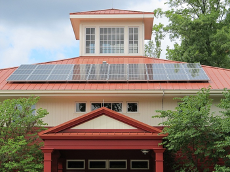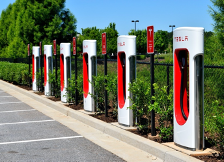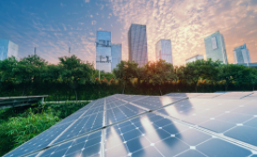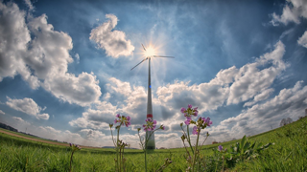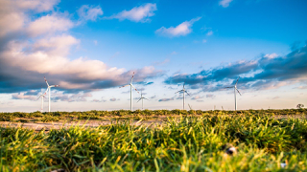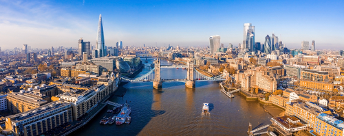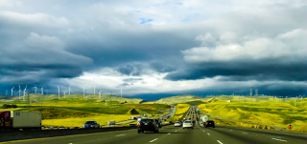New Additions to Herschel’s Outdoor Heating Range
With Boris Johnson’s recent relaxing of the lockdown rules in the UK, the hospitality sector is beginning to open up in the UK.
Pubs, bars, restaurants and hotels are now beginning to operate within the ‘new normal’ constraints, meaning punters will need to socially distance in venues, be in smaller groups, and spend a lot of their time outside.
In perfect timing for this, one of our core suppliers at Utility Trade Group, Herschel, have announced a new outdoor heating range. The range includes a section of freestanding, wall-mounting, and celling mountain solutions – a perfect mix of design and ingenuity for the businesses across the UK who are looking to adapt to the ‘new normal’.
With people expected to socially distance in hospitality venues, outside seating is a must – and as a result, Herschel’s new range fits perfectly with the new constraints within which this sector will need to operate. Boasting an already industry leading range, Herschel have added the following to their selection:
· Herschel Florida – a 2KW freestanding patio heater
· Herschel Hawaii – a 2KW suspended heater with a remote control
· Herschel Manhattan – a 3KW heater with a remote control, perfect for restaurant terraces
· Herschel Havana – an 800W portable, under-table heater
· Herschel Miami – a 2KW compact heater, ideal for parasols
· Herschel Summit R – a 2.6KW zero light heater with a remote control.
Described as “high quality with excellent aesthetics and product functionality”, these new products are ideal for businesses who’s ‘new normal’ will involve serving their customers in an outside environment.
Furthermore, these products are also perfect for domestic users – especially as the way that people live their lives evolves with the changing way of the world. Ideal for outdoor events at home, Herschel’s products have a sleek and stylish look that fits in with the outdoor décor of your home.
Top class products at competitive prices, Utility Trade Group can help you find the perfect outdoor heating solution for your business. Get in touch today to see how we can help you find the right product at the right price.

